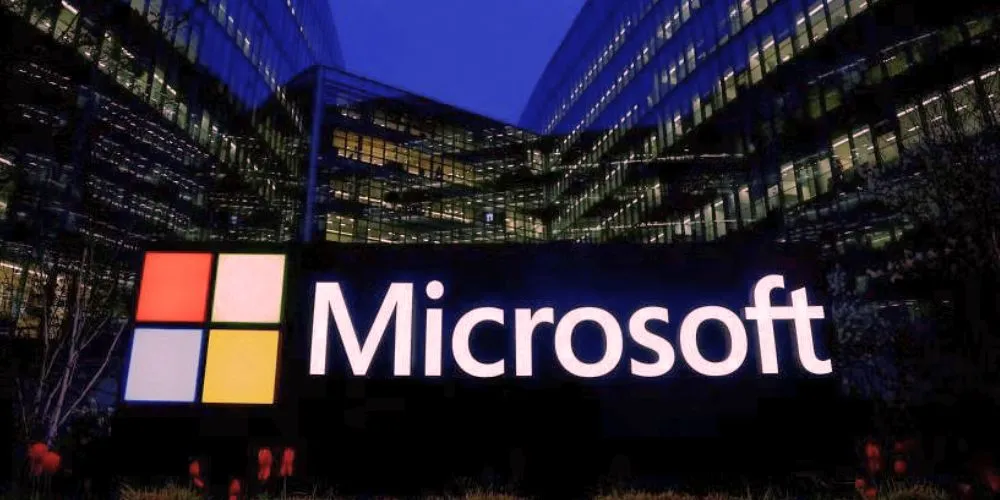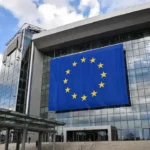Key Points:
- Republican lawmakers request an assessment of Microsoft’s investment in G42.
- Lawmakers worry about transferring sensitive AI technology and G42’s ties to China.
- She highlighted concerns about G42’s past activities and connections with China and cybersecurity firm DarkMatter.
- The deal was reportedly orchestrated to limit China’s influence in the AI sector.
Republican lawmakers have called on the Biden administration to conduct an intelligence assessment of Microsoft’s $1.5 billion investment in UAE-based artificial intelligence firm G42. Concerns have been raised over the potential transfer of sensitive technology and G42’s historical ties to China. Representatives Michael McCaul, chair of the House Foreign Affairs Committee, and John Moolenaar, leader of the Select Committee on China, sent a letter to White House national security adviser Jake Sullivan, requesting a briefing on the deal.
The lawmakers expressed apprehension about the second phase of the deal, which involves the transfer of export-restricted semiconductor chips and model weights—sophisticated data that enhances an AI model’s capabilities. They fear that companies like G42 might share this valuable technology with U.S. adversaries such as China without proper regulations.
“We remain deeply concerned by attempts to move quickly to advance a partnership that involves the unprecedented transfer of highly sensitive, U.S.-origin technology, without congressional consultation or clearly defined regulations in place,” the letter stated. The lawmakers urged assessing G42’s ties to China’s Communist Party, military, and government before the deal proceeded further.
The Republicans pointed to UAE President Sheikh Mohamed bin Zayed Al Nahyan’s recent visit to Beijing, where cooperation in AI was discussed, as reported by Chinese state news agency Xinhua. They emphasized the importance of understanding G42’s connections to China before allowing the technology transfer to move forward.
In response, Microsoft stated that it is working closely with the U.S. government, assuring that U.S. national security remains a top priority. A spokesperson for the White House National Security Council confirmed ongoing dialogues with lawmakers to address risks associated with digital infrastructure, with National Security Advisor Jake Sullivan committed to continued engagement on the issue.
G42 and the UAE embassy did not provide comments. The Chinese Embassy criticized the U.S. for allegedly undermining international cooperation on security grounds. An aide from the House Select Committee indicated that based on discussions with Microsoft, the lawmakers anticipate the export of restricted AI semiconductor chips to train models, along with AI model weights.
Microsoft President Brad Smith mentioned in May that the deal with G42 could eventually involve the transfer of advanced chips and tools. The lawmakers’ letter also highlighted G42’s past “digital surveillance” activities and its connections to Emirati cybersecurity firm DarkMatter, known for its cyber espionage activities.
Despite concerns, G42 stated in February that it had divested Chinese investments and accepted U.S.-imposed constraints to collaborate with American companies. The Biden administration largely orchestrated the Microsoft deal with G42 to counter China’s influence. Commerce Secretary Gina Raimondo clarified that the deal does not authorize the transfer of AI models or processors for developing AI applications to G42.





